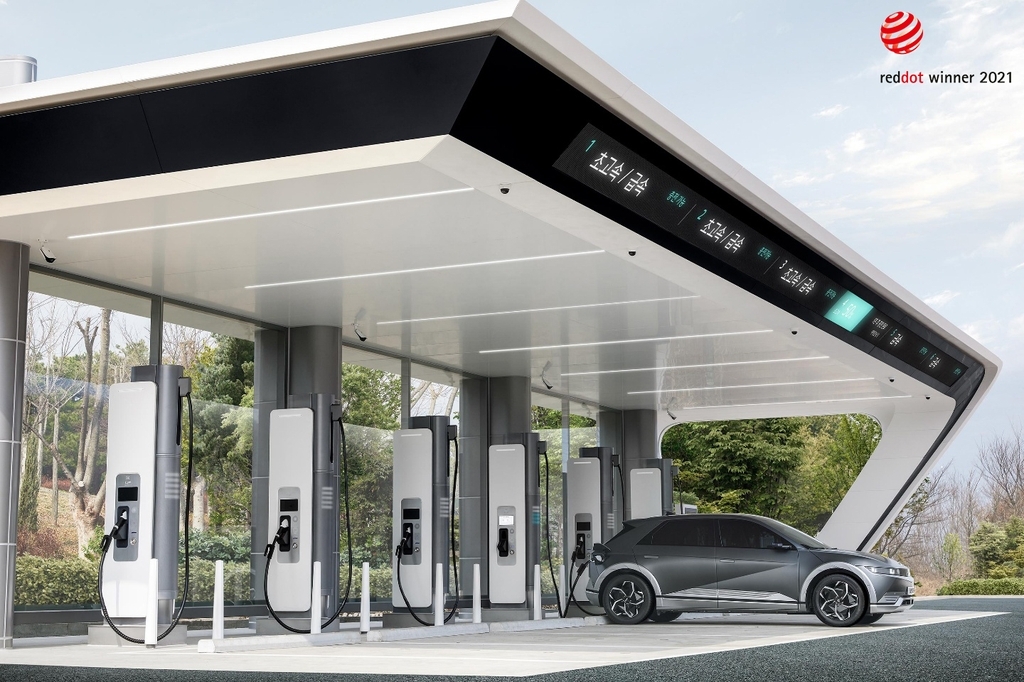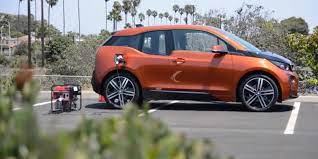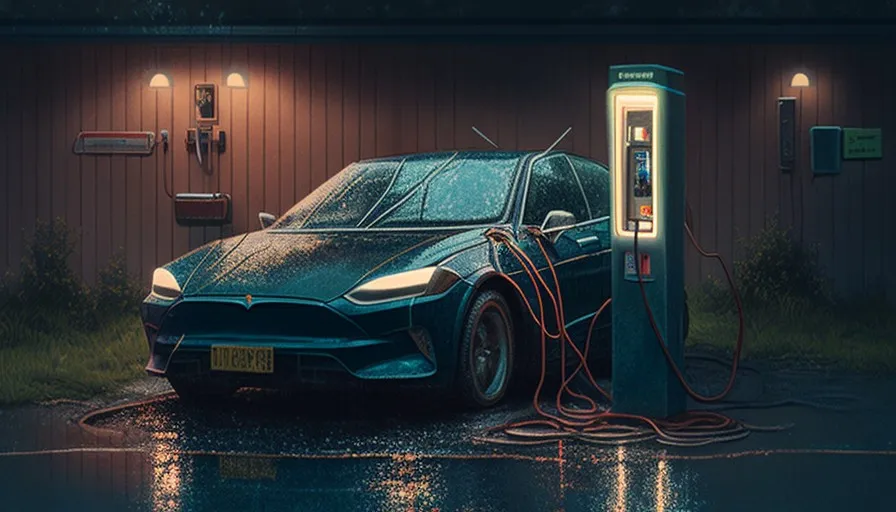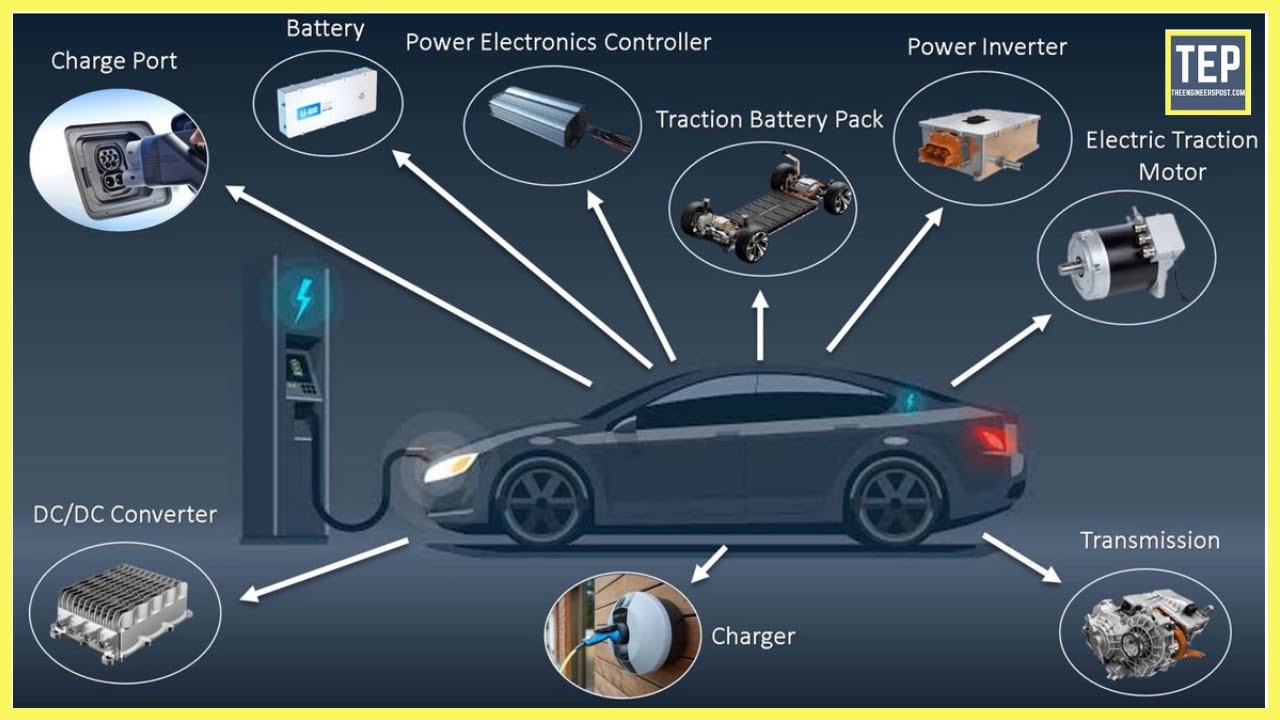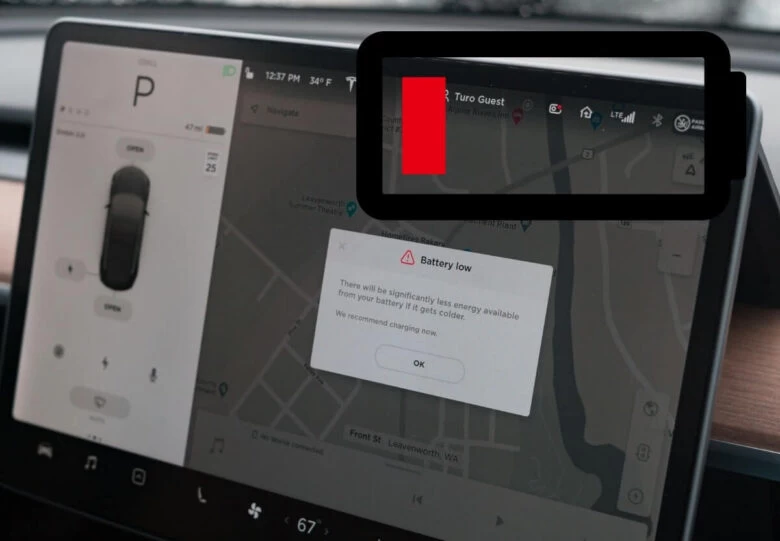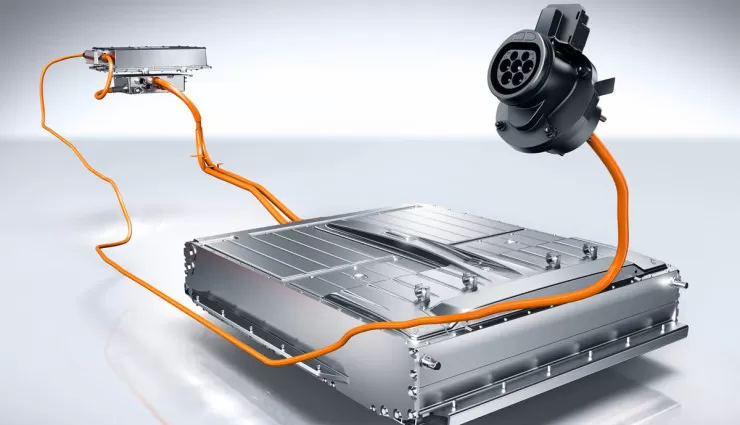In this era of environmental awareness and sustainable transportation, electric cars have become a popular choice for many individuals. As a result, the demand for electric car charging stations has grown significantly. If you’re interested in learning more about the leading players in the industry, you’re in the right place. In this article, we will delve into the top companies that make electric car charging stations, providing you with valuable insights into this innovative and eco-friendly sector.
Companies That Make Electric Car Charging Stations: An Overview
As the world transitions towards cleaner and more sustainable transportation options, the development and deployment of electric car charging stations are on the rise. Several companies have been at the forefront of this movement, aiming to facilitate the widespread adoption of electric vehicles. Let’s take a closer look at some of the prominent players in this sector.
Tesla: Pioneering Innovation
Companies That Make Electric Car Charging Stations
Tesla, the renowned electric vehicle manufacturer, is not only committed to producing cutting-edge electric cars but also to building an extensive network of charging stations. Tesla’s Supercharger network is one of the most recognized and advanced charging solutions, enabling Tesla owners to conveniently charge their vehicles at high-speed charging stations located strategically along major highways and in urban areas. This dedication to charging infrastructure is an essential part of Tesla’s mission to accelerate the world’s transition to sustainable energy.
ChargePoint: Leading the Charge
Companies That Make Electric Car Charging Stations
ChargePoint is a company dedicated to expanding the electric vehicle charging infrastructure. They offer a wide range of charging solutions for various applications, from residential charging stations to public charging networks. With thousands of charging locations across North America and Europe, ChargePoint is a key player in making electric car charging accessible to all. Their user-friendly mobile app makes it easy for electric vehicle owners to find and utilize charging stations seamlessly.
EVBox: A Global Approach
Companies That Make Electric Car Charging Stations
EVBox is a global provider of electric vehicle charging solutions. Their charging stations can be found in over 70 countries worldwide, making them one of the most internationally recognized companies in the electric car charging industry. EVBox offers a diverse portfolio of charging stations, including fast-chargers, home chargers, and commercial solutions, catering to the needs of individual EV owners and businesses alike.
ABB: Powering Progress
Companies That Make Electric Car Charging Stations
ABB is a multinational corporation that specializes in electrification, robotics, and automation. They also play a crucial role in the electric car charging station market, offering a range of charging solutions for electric vehicle owners, businesses, and charging network operators. ABB’s expertise in electrical engineering ensures that their charging stations are reliable, efficient, and ready to meet the increasing demand for electric vehicle infrastructure.
Siemens: Smart and Sustainable
Companies That Make Electric Car Charging Stations
Siemens, a global technology leader, is actively involved in the development of smart and sustainable electric vehicle charging solutions. Their charging infrastructure focuses on making charging stations more intelligent and connected, allowing for enhanced user experiences and better grid integration. Siemens’ eMobility solutions are designed to support future mobility needs while minimizing environmental impact.
Conclusion
The transition to electric vehicles is not just about the cars themselves but also about the infrastructure that supports them. These companies that make electric car charging stations are vital in ensuring the widespread adoption of electric vehicles. As the demand for electric cars continues to grow, these companies are working tirelessly to provide reliable, accessible, and sustainable charging solutions for EV owners.
In this article, we have explored some of the key players in the electric car charging station industry, each contributing to the development and expansion of this critical infrastructure. Whether you’re an electric vehicle owner looking for convenient charging options or a business seeking to invest in charging infrastructure, these companies have you covered.
As the world shifts towards cleaner transportation, it’s clear that companies that make electric car charging stations will play an increasingly significant role in shaping the future of mobility. With innovative solutions and a commitment to sustainability, they are paving the way for a greener and more eco-conscious world.
